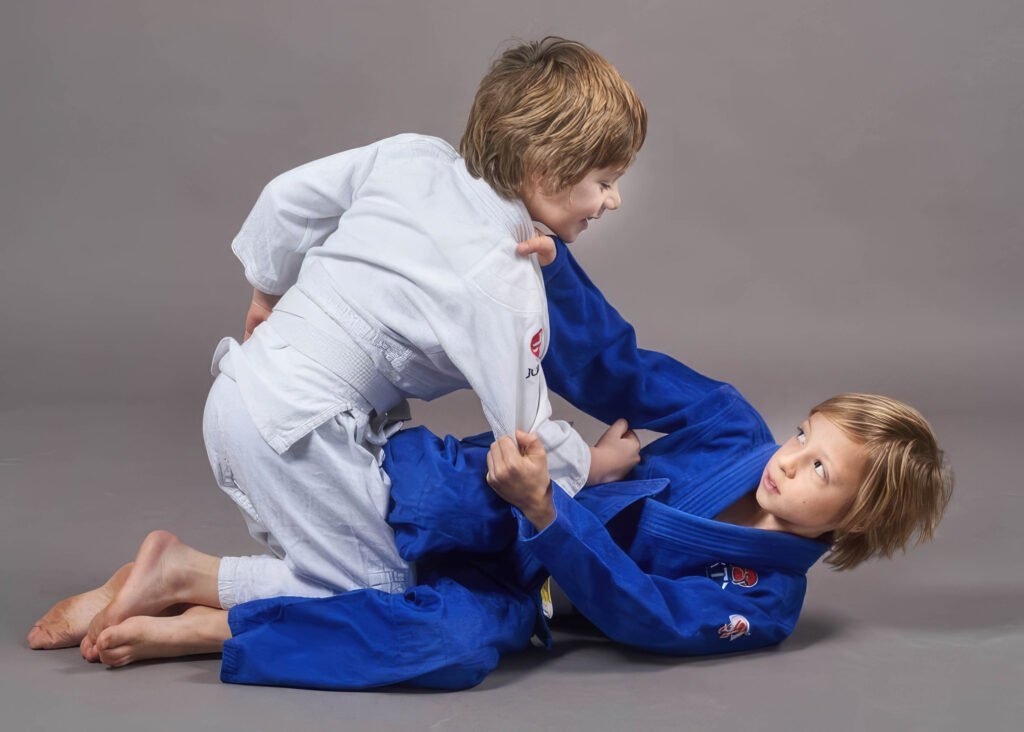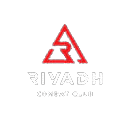
Common Mistakes to Avoid When Learning Jiu-Jitsu
Jiu-jitsu is considered one of the most complex martial arts, mostly relies on technique, planning, and strategic thinking rather than brute force. In addition to being a sport for self-defense, it is a lifestyle that builds patience, discipline, and both mental and physical strength. Despite its numerous benefits, mastering Jiu-Jitsu can be quite challenging, especially for beginners who tend to make mistakes that slow down their development and limit their progress in the sport. Attending training sessions and practicing moves isn’t the only way to advance in Jiu-Jitsu. It demands a solid understanding of basic techniques and commitment to the correct training standards. A lot of beginners think they can learn fast without first taking hold of the fundamentals or that using physical strength can make up for a lack of expertise. This often results in challenges to progress and a higher chance of injury.
Learn more about Riyadh Combat Club.
Neglecting Warm-Up and Stretching Exercises
- Although stretching and warming up are essential parts of any physical activity, beginner Jiu-Jitsu students frequently skip them.
- This can be the result of a lack of awareness of its importance or a desire to dive right into training.
- Warm-ups lower the risk of injuries like bruises and cramps by increasing blood circulation and preparing joints and muscles for dynamic activities.
Relying on physical strength than technique.
- Some Jiu-Jitsu beginners prefer to use physical power as their main strategy for defeating an opponent, because they think it will offer them an advantage in fights. This strategy is misleading, though, particularly when up against experienced opponents. Instead of relying solely on brute force, Jiu-Jitsu uses proper technique, angles, and machines.
- The excessive use of strength causes quick fatigue, which eventually reduces the trainer’s capacity to perform motions efficiently. Additionally, depending only on strength prevents the practitioner from developing technical skills since they focus too much on trying to dominate physically rather than learning how to move strategically and use the energy of their opponent against them. For long-term success in Jiu-Jitsu, it is crucial to concentrate on enhancing technical performance and using the appropriate techniques.
Rushing to learn advanced techniques.
- Any successful Jiu-Jitsu practitioner has to master the fundamentals. Some people, however, have a desire to skip this phase and move to more complex methods before they’re ready. This hurry causes methods to be performed incorrectly, rendering them useless in practice.
- Making an effort to replicate complex moves without understanding the basic concepts leads to serious errors in battle, which allows your opponent to take advantage of weak points to gain a competitive advantage. It is essential to advance gradually, concentrating on establishing a solid foundation of skills that can be expanded in a proper and secure way in the future.
Ignoring the importance of Tactics and Defense.
- Some novices only concentrate on attacking and trying to subdue their opponent without paying enough attention to protection and creating suitable plans during battle. This strategy leaves them open to being quickly subdued by more skilled or tactically proficient opponents.
- Effective defense involves more than just avoiding attacks; it also includes managing distances, escaping dangerous situations with the appropriate strategy, and occupying a position that facilitates a smooth transition from defense to attack. In addition, the practitioner becomes more balanced and agile as a result of strengthening and improving performance through the development of battle intelligence through the analysis of the opponent’s actions and the ability to capitalize on their errors.
Failing to Learn from Past Training Mistakes.
- One of the main challenges that new Jiu-Jitsu students encounter is making the same mistakes repeatedly without making an effort to fix them. As a result, bad habits grow stronger, making them harder to break in the future. Some practitioners only concentrate on performing moves without evaluating the results or determining why they aren’t using techniques as needed, which affects their progress.
- It needs a practical approach to learn from mistakes, which involves taking notes after every training session, willingly trying techniques another time, getting feedback from instructors or training partners, and watching videos whenever available. This makes it easier to monitor development and identify areas in need of development. By using this approach, errors are not seen as obstacles to development but as chances for improvement.
Training Without an Adequate Partner.
- In Jiu-Jitsu, selecting the proper partner is essential for skill development and successful progress; it is not a random decision. When you train with a partner who is not a good fit for your skill level or training style, you may not be challenged enough or run the danger of getting hurt since your strength and experience aren’t matched.
- The partner must offer a balanced training environment which encourages skill growth without shifting to risky techniques. In addition, when the practitioner learns to adjust to various playing styles, different training partners benefits in growing tactical awareness. They are therefore more equipped to deal with a variety of combat scenarios.
Disregarding the coach’s advice.
- The coach’s deep expertise allows them to identify errors that the trainee might miss. As a result, disregarding their advice slows down learning and adds to bad habits. Some practitioners miss out on important suggestions that might improve their performance because they choose to follow their own way or think they can figure out techniques themselves.
- It takes more than simply performing moves as instructed to follow the coach’s instructions; it also requires paying close attention, seeking clarification when necessary, and implementing feedback frequently until it becomes deep in one’s style of play. In addition to serving as a mentor, the coach is a vital resource for refining techniques and guiding the student toward long-term Jiu-Jitsu development.
Neglecting physical fitness and nutrition.
- Nutrition and physical fitness are crucial to successful Jiu-Jitsu performance. Jiu-Jitsu demands rapid reactions, flexibility, and stamina. The efficiency of practitioners on the mat during battles is diminished when they neglect fitness training since they frequently become fatigued quickly and find it difficult to keep up during combat.
- The body gets the energy it needs for training and muscle recovery from a healthy diet. Eating unbalanced meals or drinking too little water result in reduced performance and a higher risk of injury. To increase physical fitness and improve training results, it is crucial to rely on a diet high in proteins, healthy carbs, and healthy fats in addition to engaging in muscle-strengthening and resistance workouts.
Fear of failure and avoiding challenges.
- The fear of failing poses a psychological obstacle that keeps many Jiu-Jitsu practitioners from improving.
- It may cause inability to try out new approaches or contest. Some trainees run away from challenges because they are afraid of failing or making mistakes, which limits their development and puts them in their comfort zone without exposing them to new situations.
Disrespecting Jiu-Jitsu’s spirit and training partners.
- The foundation of Jiu-Jitsu is mutual respect and cooperation. The training establishment serves as a venue for mutual learning and growth in addition to being competitive. Whether by extreme hostility, disregarding the partner’s requirements during exercises, or criticizing the efforts of others, disrespecting training partners, all these may foster a bad environment that impedes progress.
- Mutual respect improves everyone’s performance by promoting trust among practitioners and enabling the development of solid relationships within the academy. Following the principles of Jiu-Jitsu requires being humble while engaging with others, accepting constructive criticism, and offering a helping hand. Real growth comes from helping everyone get better in a positive, supportive training environment rather than just winning.
Frequently asked questions
Following instructive lessons and practicing alone can help you learn. However, regular training under the guidance of a professional coach is the best way to learn skills properly and avoid errors that could prevent progress.
You can advance more rapidly by concentrating on mastering the basic ideas, practicing training with regular repetition, and evaluating your performance through feedback and training video analysis after each session.
It is best to address problems patiently and concentrate on small, steady progress rather than quick fixes. Alternative approaches to learning the strategy include speaking with the coach and asking experienced teammates for advice.
Injury risk can be decreased by using appropriate techniques, practicing with cooperative partners, and listening to your body's signals to prevent overload. Maintaining safety during workouts also involves listening to the coach's instructions and avoiding rushing into difficult moves.
